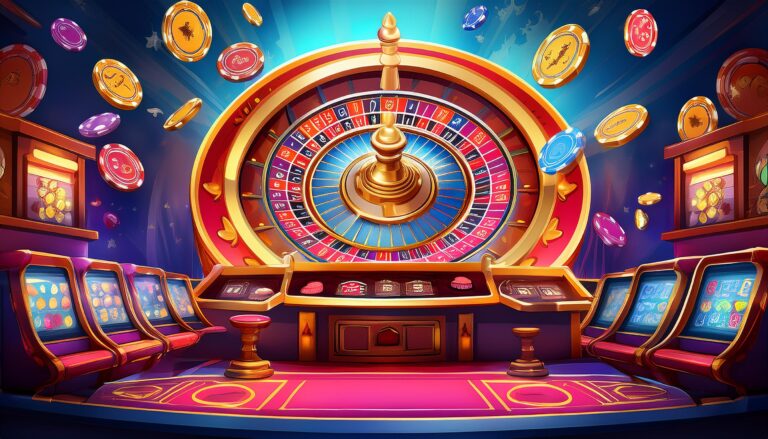The Influence of Cricket in Shaping Political Discourse
11xplay, Reddy Book: Cricket has often been intertwined with key historical events, shaping political discourse in various nations. During the apartheid era in South Africa, cricket became a battleground for racial equality. The country’s exclusion from international cricket tournaments due to its discriminatory policies sparked global condemnation and pressure for change within the government.
Similarly, in India, cricket has played a significant role in political discourse. The 1983 Cricket World Cup victory under the leadership of Kapil Dev brought a sense of national pride and unity during a period of political turmoil. The unexpected triumph united a diverse country and showcased the power of cricket in fostering a sense of identity and belonging among its citizens.
Prominent Political Figures Who Have Been Influenced by Cricket
In many countries, cricket has been intertwined with politics, influencing prominent political figures throughout history. Leaders like Nelson Mandela in South Africa and Imran Khan in Pakistan are examples of how the sport has impacted political identities.
Nelson Mandela, a cricket enthusiast, used the sport as a tool for reconciliation and unity during his presidency. Imran Khan, a former cricket captain, later transitioned into politics, becoming the Prime Minister of Pakistan. Their experiences in cricket undoubtedly shaped their leadership styles and political visions.
Cricket as a Symbol of National Identity in Political Movements
Cricket has long served as a powerful symbol of national identity in various political movements across the globe. In countries like India, Pakistan, and the West Indies, cricket has played a significant role in galvanizing support for independence movements, uniting diverse populations under a common cause, and fostering a sense of pride and unity among citizens.
The sport’s ability to transcend social, cultural, and geopolitical boundaries has made it a potent tool for political leaders seeking to promote national unity and pride. From Mahatma Gandhi’s support for indigenous sports in India to the West Indian cricket team’s iconic victories against colonial powers, cricket has been used as a symbolic tool to challenge oppressive regimes, assert cultural identities, and inspire social change.







